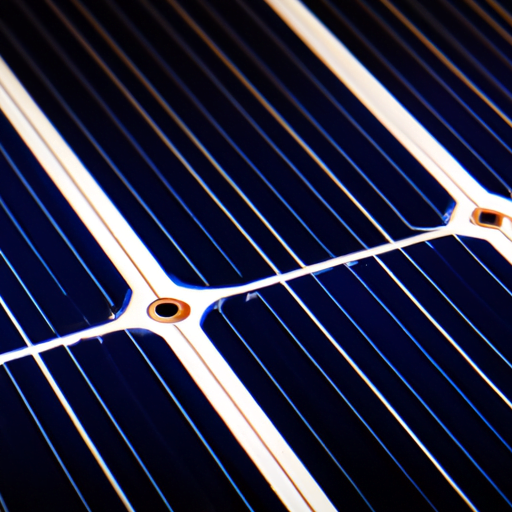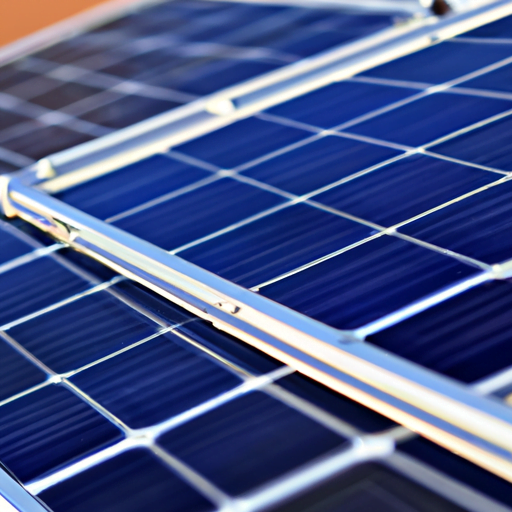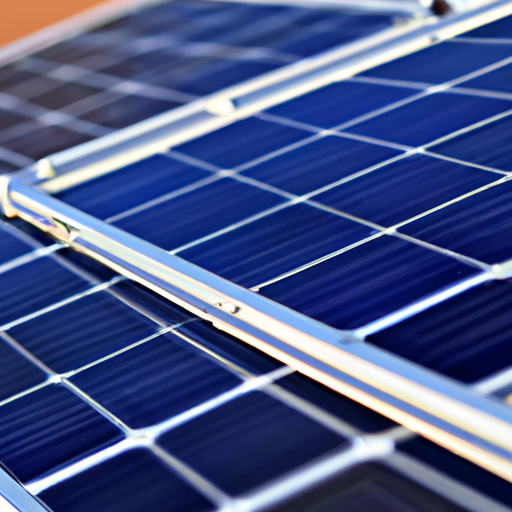Do you ever dream of living off the grid? Maybe you’re tired of the hustle and bustle of city life and want to escape to a quieter, more sustainable lifestyle. Well, if that’s the case, then you’re in luck because today we’re going to talk about off grid heating solutions. Yes, that’s right – we’re going to discuss ways you can stay warm and cozy without relying on traditional methods.
So, when it comes to off grid heating, what do you think is the best alternative to radiators? There are actually quite a few options to choose from, each with its own benefits and drawbacks. In this article, we’ll be diving deep into each solution, exploring everything from wood-burning stoves to solar panels and geothermal heat pumps. It’s going to be a comprehensive guide that will give you all the information you need to make an informed decision.
Don’t worry if you’re new to the off grid lifestyle – we’ll explain everything in simple terms. We’ll talk about the costs, the installation process, and the overall efficiency of each heating solution. By the end of this article, you’ll be armed with the knowledge to choose the best alternative to radiators for your off grid home. So, let’s dive in and explore the world of off grid heating solutions together!

Off Grid Heating Solutions
Off grid living has become increasingly popular in recent years, as more people seek to reduce their reliance on traditional energy sources and live a more sustainable lifestyle. One area where off grid living can be particularly challenging is heating. Without access to the grid, traditional heating methods like radiators are not an option. However, there are several alternative heating solutions that can keep you warm and comfortable even when living off the grid. In this ultimate guide, we’ll explore the top off grid heating solutions available today.
Solar Heating Systems
Solar heating systems are a great option for off grid living, as they rely on the sun’s energy to provide heat. There are two main types of solar heating systems: passive and active.
Passive solar heating systems use the design of your home to collect and distribute heat. This can involve features like large south-facing windows, thermal mass to store heat, and insulation to trap heat inside. Passive systems are typically less expensive to install but require careful planning to maximize their effectiveness.
Active solar heating systems, on the other hand, use solar collectors to capture the sun’s energy and heat a heat transfer fluid. This fluid is then used to heat water or air, which can be distributed throughout your home. Active systems are more expensive to install, but they offer greater control over the heating process.
Pros of solar heating systems include their renewable and sustainable nature, as well as the potential for long-term energy savings. However, they can be less effective in colder climates and require sufficient sunlight to function optimally.
Wood Burning Stoves
Wood burning stoves have been used for centuries to provide heat, and they’re still a popular choice for off grid living today. Wood burning stoves work by burning wood in a tightly sealed combustion chamber, which heats up a metal or ceramic plate. This plate radiates heat into the room, providing a cozy and warm atmosphere.
There are several different types of wood burning stoves to choose from, including traditional cast iron stoves, modern steel stoves, and even masonry stoves. Each type has its own advantages and disadvantages, so it’s important to consider factors like efficiency, output, and safety precautions before making a decision.
Wood burning stoves require a constant supply of wood, making them a more hands-on heating solution. However, for those who enjoy the ambiance and warmth of a crackling fire, wood burning stoves can be a satisfying off grid heating option.
Geothermal Heat Pumps
Geothermal heat pumps take advantage of the earth’s natural heat to provide off grid heating. These systems work by circulating a fluid through underground pipes, where it absorbs heat from the ground. The fluid then travels to a heat pump, which extracts the heat and distributes it throughout your home.
Geothermal heat pumps are highly efficient and can provide both heating and cooling. They also require less maintenance compared to other off grid heating solutions. However, they can be expensive to install, and the availability of suitable land for the underground pipes may be a limiting factor.
Propane Heaters
Propane heaters are a popular off grid heating option, as propane is readily available in tanks and can be easily stored. Propane heaters come in several different types, including forced air heaters, radiant heaters, and convection heaters. Each type has its own advantages and disadvantages, so it’s important to choose the right one for your specific needs.
Propane heaters are typically easy to install and maintain, making them a convenient option for off grid living. However, it’s important to follow safety precautions when using propane, as it can be hazardous if not handled properly.
Hydronic Heating Systems
Hydronic heating systems use water to distribute heat throughout your home. These systems work by heating water in a boiler or water heater, which is then pumped through pipes to radiators or radiant floor systems.
Hydronic heating systems offer several advantages, including even heat distribution and the ability to control individual room temperatures. They can also be used to heat water for domestic use, providing a comprehensive heating solution for off grid living. However, hydronic systems can be expensive to install and require regular maintenance to ensure optimal performance.
Pellet Stoves
Pellet stoves are another popular alternative to radiators for off grid heating. These stoves burn small pellets made from compressed wood or biomass, which provide a consistent heat source.
Pellet stoves offer high efficiency and can be programmed to automatically adjust the heat output. They also produce less emissions compared to traditional wood burning stoves. However, pellets can be more expensive than wood, and they require regular cleaning and maintenance.
Radiant Floor Heating
Radiant floor heating is a luxurious off grid heating solution that provides warmth from the ground up. This type of heating system uses hot water or electrical heating elements installed beneath the floor to radiate heat into the room.
Radiant floor heating offers several advantages, including even heat distribution, energy efficiency, and the ability to heat larger spaces. It can also be compatible with various flooring materials, making it a versatile option for off grid living. However, radiant floor heating can be expensive to install, especially in existing homes.
Heat Recovery Ventilation (HRV) Systems
Heat recovery ventilation (HRV) systems provide both heating and ventilation, making them an efficient option for off grid living. These systems work by exchanging heat between incoming and outgoing air, helping to regulate indoor temperatures while minimizing energy loss.
HRV systems can be particularly beneficial in energy-efficient homes, as they help to maintain a comfortable and healthy indoor environment. However, they can be expensive to install and may require professional maintenance for optimal performance.
Passive Solar Heating
Passive solar heating, as mentioned earlier, relies on the design of your home to collect and distribute heat. By incorporating features like south-facing windows, thermal mass, and insulation, you can take advantage of the sun’s energy to heat your home.
Passive solar heating is a sustainable and cost-effective off grid heating solution. However, its effectiveness can be influenced by factors like climate, site orientation, and building materials. Therefore, careful planning and design considerations are crucial for maximum efficiency.
Electric Heating
While electric heating is not always the most energy-efficient option for off grid living, it can be a practical solution in certain situations. Electric heating systems, such as electric radiators or electric baseboard heaters, can provide a consistent and controlled source of heat.
Electric heating is easy to install and maintain, making it a convenient choice for off grid living. However, it can be more expensive to operate compared to other heating solutions, especially if your off grid system relies on renewable energy sources.

Conclusion: Choose the Right Off Grid Heating Solution for You
When it comes to off grid heating, there is no one-size-fits-all solution. The best option for you will depend on factors like your location, budget, heating needs, and personal preferences. Whether you choose solar heating systems, wood burning stoves, geothermal heat pumps, propane heaters, hydronic heating systems, pellet stoves, radiant floor heating, HRV systems, passive solar heating, or electric heating, each solution has its own pros and cons.
By carefully considering the advantages and limitations of each off grid heating solution, you can make an informed decision that aligns with your off grid living goals. Remember to consult with professionals in the field to ensure that your chosen heating system is installed and maintained properly. With the right off grid heating solution, you can stay warm and comfortable even when living off the grid.




